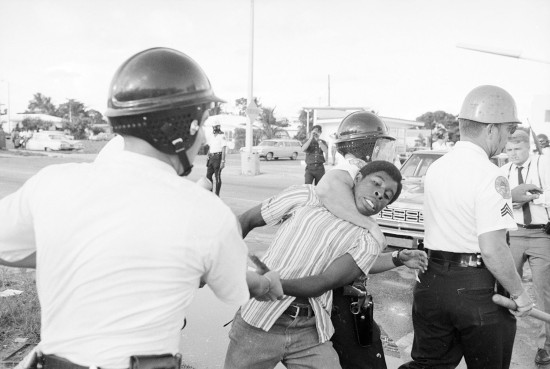We are not surprised.
We are artists, arts administrators, assistants, curators, directors, editors, educators, gallerists, interns, scholars, students, writers, and more—workers of the art world—and we have been groped, undermined, harassed, infantilized, scorned, threatened, and intimidated by those in positions of power who control access to resources and opportunities. We have held our tongues, threatened by power wielded over us and promises of institutional access and career advancement.
We are not surprised when curators offer exhibitions or support in exchange for sexual favors. We are not surprised when gallerists romanticize, minimize, and hide sexually abusive behavior by artists they represent. We are not surprised when a meeting with a collector or a potential patron becomes a sexual proposition. We are not surprised when we are retaliated against for not complying. We are not surprised when Knight Landesman gropes us in the art fair booth while promising he’ll help us with our career. Abuse of power comes as no surprise.
This open letter stems from a group discussion about sexual harassment within our field, …

© Jenny Holzer, Artists Rights Society (ARS), New York.

?


